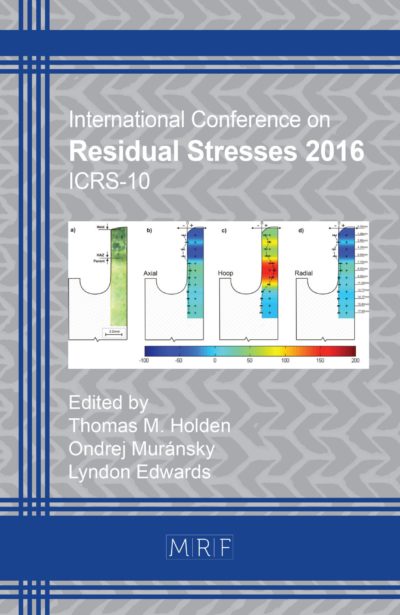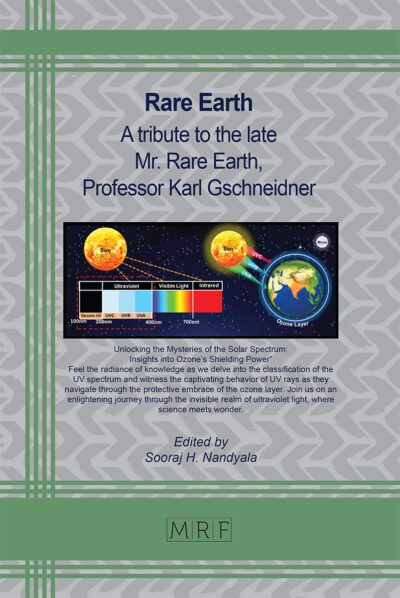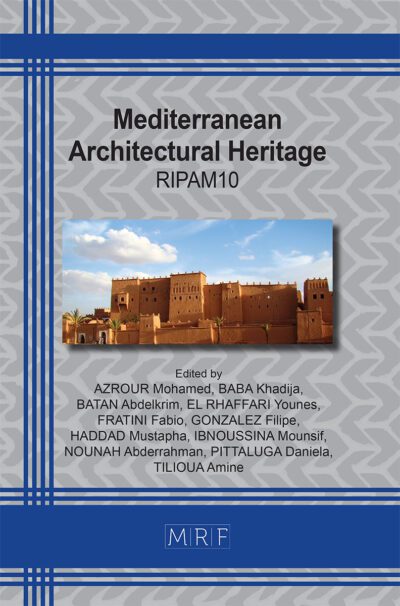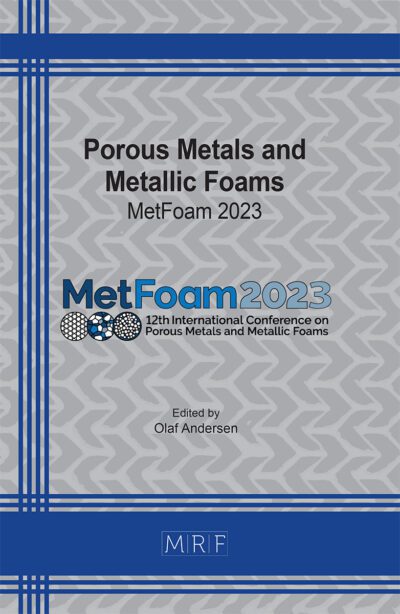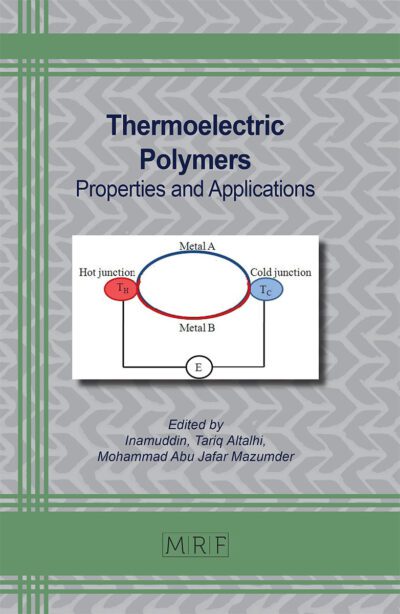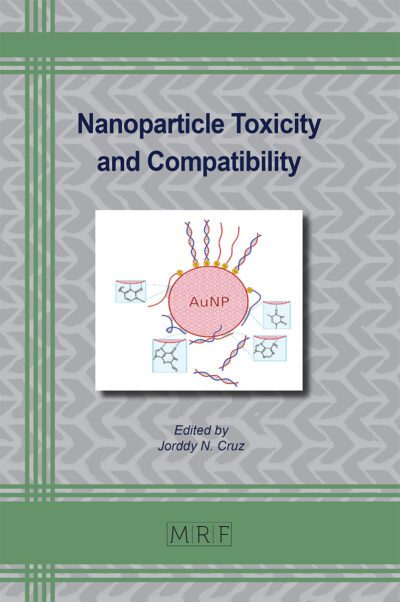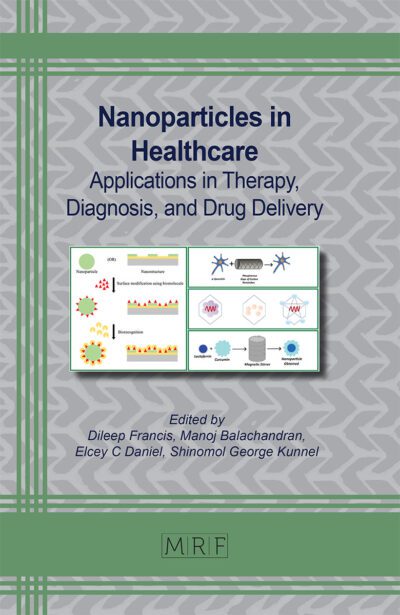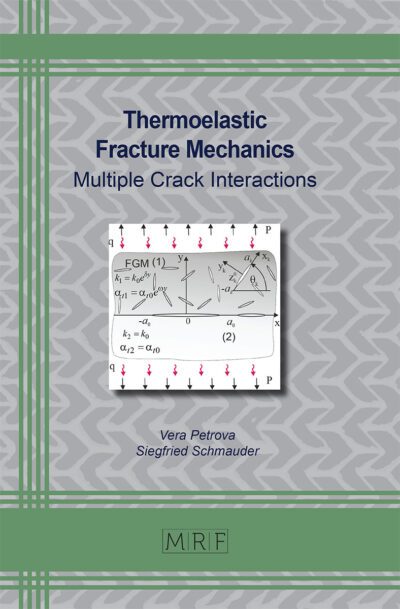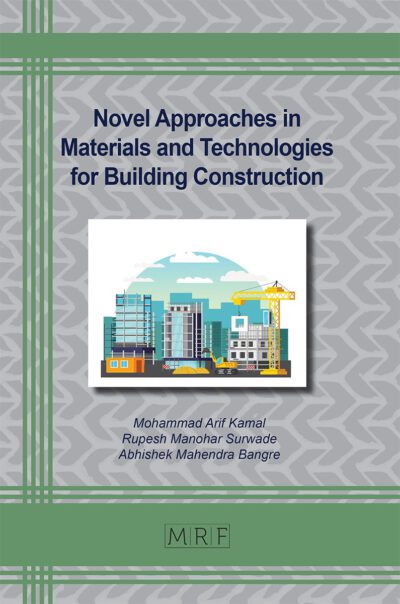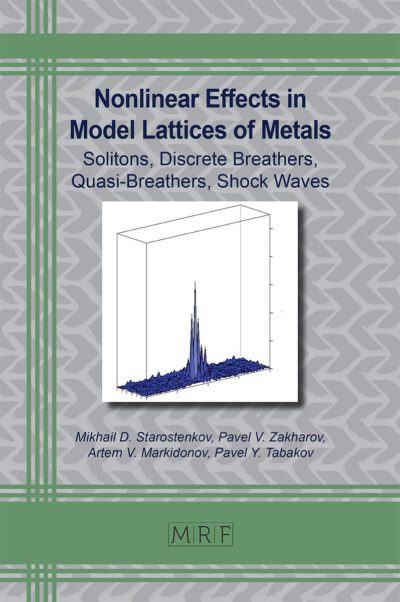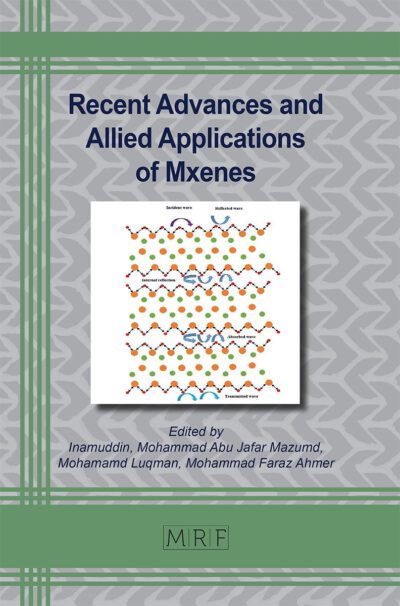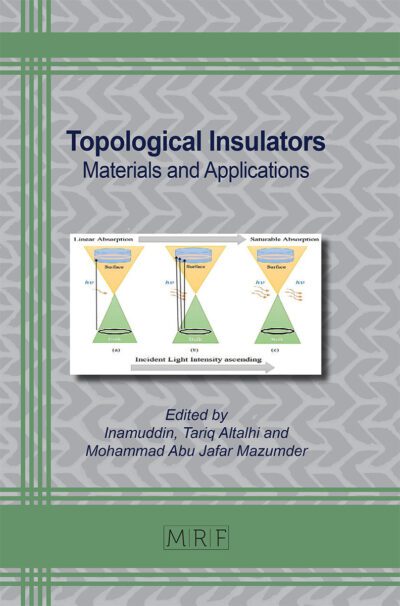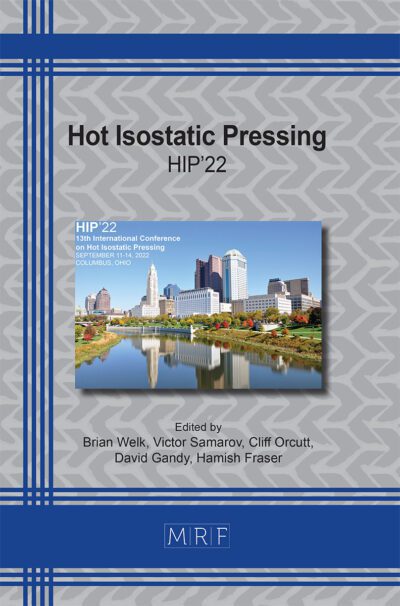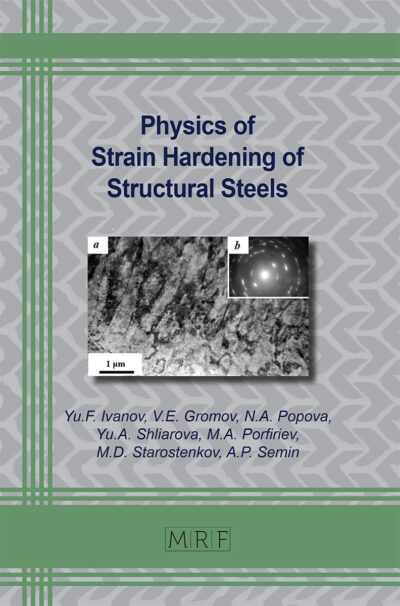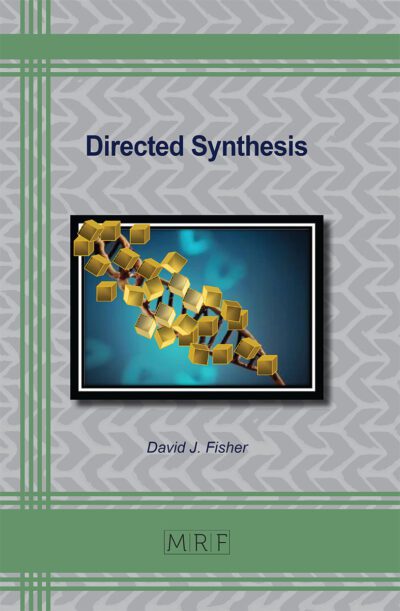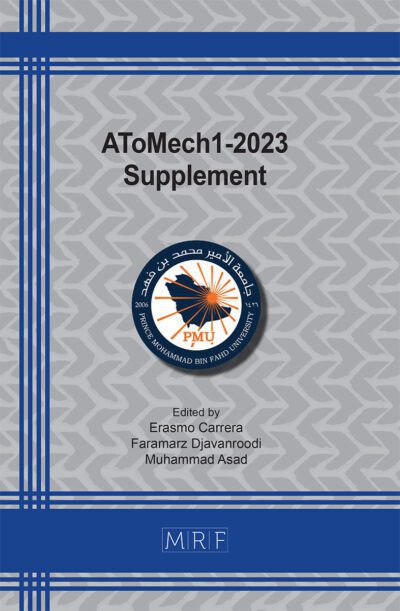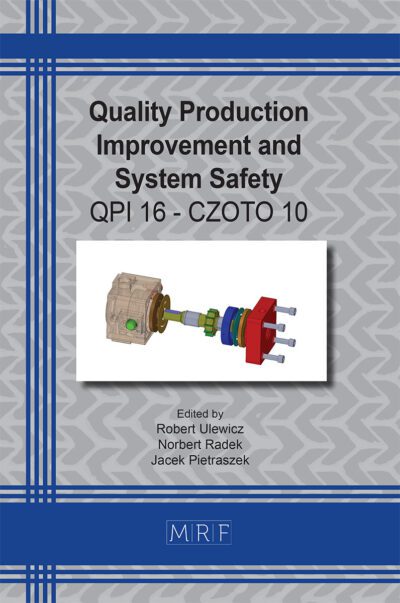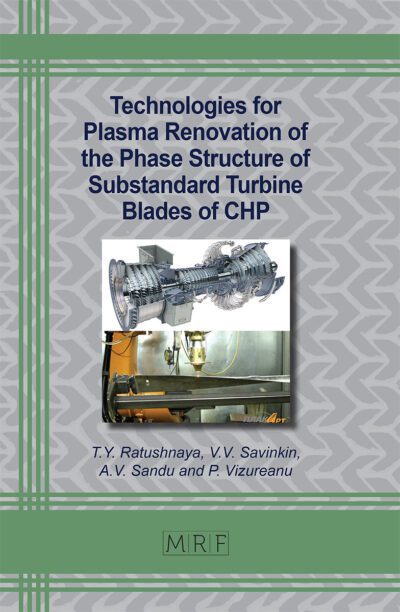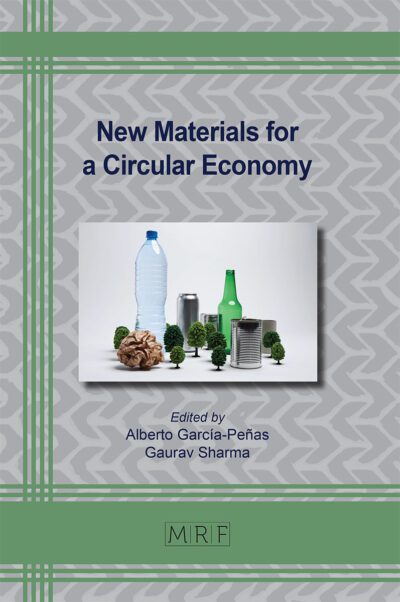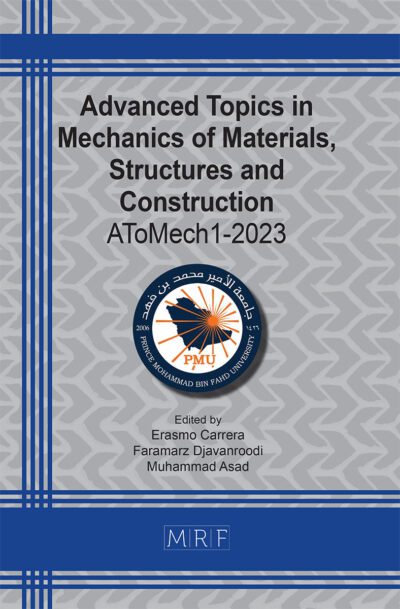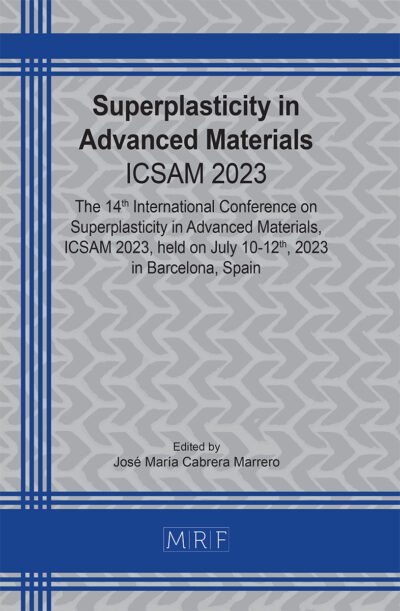Condition-based-maintenance for fleet management
Leonardo Baldo, Andrea De Martin, Massimo Sorli, Mathieu Terner
download PDFAbstract. New “enlightened” and holistic maintenance strategies are shaping the industrial world from the inside, providing intelligent and focused solutions where high availability, reliability and safety are required. Maintenance planning and scheduling is an extremely daunting and multi-faceted task which involves competences from fairly different fields: customer support, quality, engineering, production, RAMS, cost estimation etc. In the aerospace sector, a significant percentage of Life Cycle Costs (LCCs) and, in particular, operating costs, are determined by Maintenance, Repair and Overhaul (MRO) activities and the relative asset unavailability due to down-time or turn-around-time [1,2]. This is the reason why currently there is an ongoing intense effort in the research community and in the industry towards new maintenance strategies which could overcome the limitations of preventive maintenance thus streamlining operations, without jeopardizing mission safety. This research project is hence spot on and focuses on the development of optimized maintenance strategies, built around the system health status.
Keywords
PHM, CBM, Maintenance, FCS, Fleet Management
Published online 9/1/2023, 4 pages
Copyright © 2023 by the author(s)
Published under license by Materials Research Forum LLC., Millersville PA, USA
Citation: Leonardo Baldo, Andrea De Martin, Massimo Sorli, Mathieu Terner, Condition-based-maintenance for fleet management, Materials Research Proceedings, Vol. 33, pp 57-60, 2023
DOI: https://doi.org/10.21741/9781644902677-9
The article was published as article 9 of the book Aerospace Science and Engineering
![]() Content from this work may be used under the terms of the Creative Commons Attribution 3.0 license. Any further distribution of this work must maintain attribution to the author(s) and the title of the work, journal citation and DOI.
Content from this work may be used under the terms of the Creative Commons Attribution 3.0 license. Any further distribution of this work must maintain attribution to the author(s) and the title of the work, journal citation and DOI.
References
[1] « Forestalling the Future with Predictive Maintenance » from https://www.oliverwyman.com/our-expertise/insights/2016/apr/oliver-wyman-transport—logistics-2016/operations/predictive-maintenance.html
[2] Mike Gerdes, Dieter Scholz, e Diego Galar, «Effects of condition-based maintenance on costs caused by unscheduled maintenance of aircraft», Journal of Quality in Maintenance Engineering 22, fasc. 4 (1 gennaio 2016): 394–417, https://doi.org/10.1108/JQME-12-2015-0062
[3] Scott, Michael J., Wim J. C. Verhagen, Marie T. Bieber, e Pier Marzocca. «A Systematic Literature Review of Predictive Maintenance for Defence Fixed-Wing Aircraft Sustainment and Operations». Sensors 22, fasc. 18 (gennaio 2022): 7070. https://doi.org/10.3390/s22187070
[4] Vachtsevanos, George, Frank Lewis, Michael Roemer, Andrew Hess, e Biqing Wu. Intelligent Fault Diagnosis and Prognosis for Engineering Systems: Vachtsevanos/Intelligent Fault Diagnosis. Hoboken, NJ, USA: John Wiley & Sons, Inc., 2006. https://doi.org/10.1002/9780470117842
[5] Jorben Pieter Sprong, Xiaoli Jiang, e Henk Polinder, «A Deployment of Prognostics to Optimize Aircraft Maintenance – A Literature Review: A Literature Review», Annual Conference of the PHM Society 11, fasc. 1 (22 settembre 2019), https://doi.org/10.36001/phmconf.2019.v11i1.776
[6] Michael Candon et al., «A Nonlinear Signal Processing Framework for Rapid Identification and Diagnosis of Structural Freeplay», Mechanical Systems and Signal Processing 163 (15 gennaio 2022): 107999, https://doi.org/10.1016/j.ymssp.2021.107999
[7] Andrea De Martin, Giovanni Jacazio, e Massimo Sorli, «Evaluation of Different PHM Strategies on the Performances of a Prognostic Framework for Electro-Hydraulic Actuators for Stability Control Augmentation Systems», in Annual Conference of the PHM Society, vol. 14, 2022, https://doi.org/10.36001/phmconf.2022.v14i1.3289
[8] Samuel David Iyaghigba, Fakhre Ali, e Ian K. Jennions, «A Review of Diagnostic Methods for Hydraulically Powered Flight Control Actuation Systems», Machines 11, fasc. 2 (25 gennaio 2023): 165, https://doi.org/10.3390/machines11020165
[9] Cordelia Mattuvarkuzhali Ezhilarasu, Zakwan Skaf, e Ian K Jennions, «Understanding the role of a Digital Twin in Integrated Vehicle Health Management (IVHM)», in 2019 IEEE International Conference on Systems, Man and Cybernetics (SMC), 2019, 1484–91, https://doi.org/10.1109/SMC.2019.8914244
[10] Sam Heim et al., «Predictive Maintenance on Aircraft and Applications with Digital Twin», in 2020 IEEE International Conference on Big Data (Big Data), 2020, 4122–27, https://doi.org/10.1109/BigData50022.2020.9378433
[11] Raymon van Dinter, Bedir Tekinerdogan, e Cagatay Catal, «Reference Architecture for Digital Twin-Based Predictive Maintenance Systems», Computers & Industrial Engineering 177 (1 marzo 2023): 109099, https://doi.org/10.1016/j.cie.2023.109099
[12] Ingeborg de Pater e Mihaela Mitici, «Developing Health Indicators and RUL Prognostics for Systems with Few Failure Instances and Varying Operating Conditions Using a LSTM Autoencoder», Engineering Applications of Artificial Intelligence 117 (1 gennaio 2023): 105582, https://doi.org/10.1016/j.engappai.2022.105582
[13] Maren David Dangut, Zakwan Skaf, e Ian K. Jennions, «Handling Imbalanced Data for Aircraft Predictive Maintenance Using the BACHE Algorithm», Applied Soft Computing 123 (1 luglio 2022): 1


